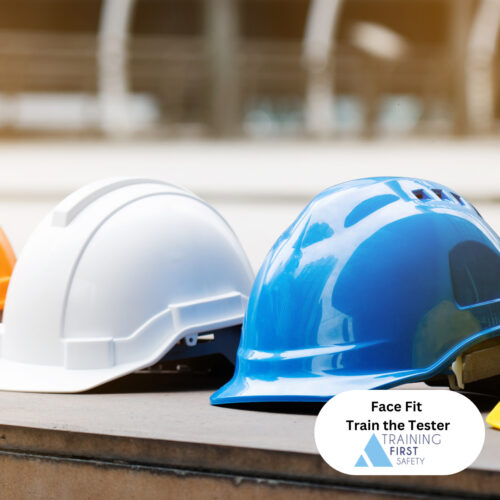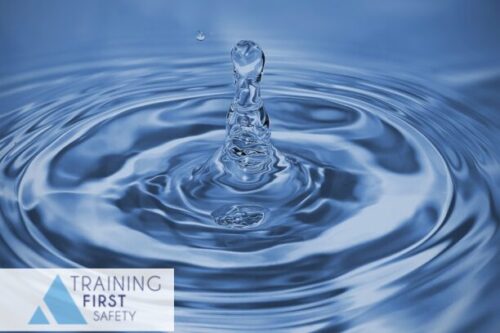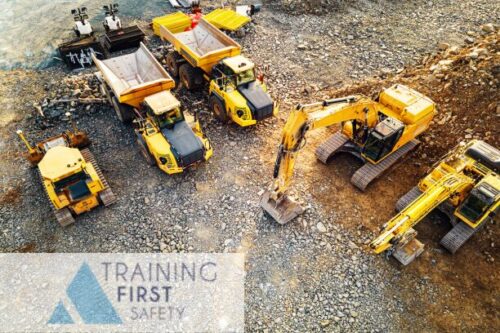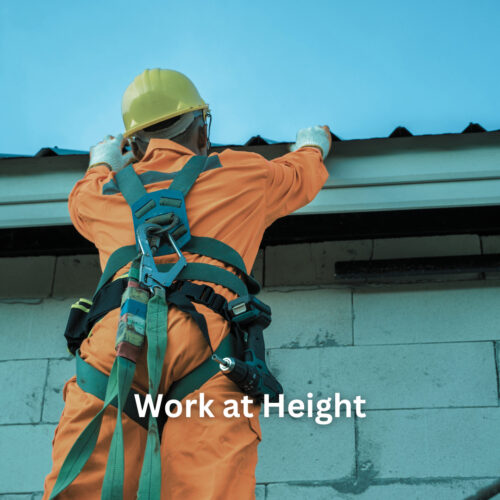Course Description
The EUSR-endorsed course provides industry best practice for setting up, bolting, and completing water mains flange and gasket joints meeting UK and Water Company Standards. The course also meets the NOS (National Occupational Standard) for jointing materials by mechanical means on water networks.
Using the Lion Bluetooth Torque Wrench Gun, all candidates will complete flange and gasket joints on water mains (80 mm to 300 mm) as part of the training programme.
Course Aims
The course provides candidates with theoretical knowledge and hands-on experience to set up and complete flange and gasket joints following UK industry best practice.
Candidates will be taken through the principles of flange and gasket jointing inclusive of the following:
- What is a flanged joint
- Bolt conditions
- Pre-Load
- Bolt grades
- Torque vs Tension
- The effect of lubrication to a nut and bolt
- Bolt tightening best practice sequence
- Set up and use of the Lion Bluetooth Torque Wrench Gun, and associated app
Who Should Attend?
The course is designed for operatives, managers, and supervisors, who are carrying out or overseeing the completion of flange and gasket jointing installations on new and existing water mains.





